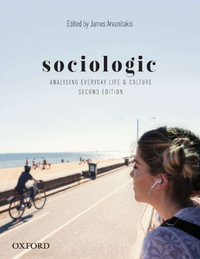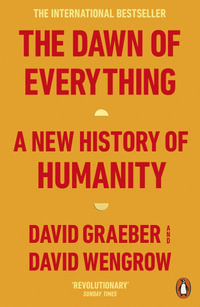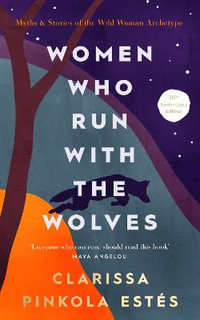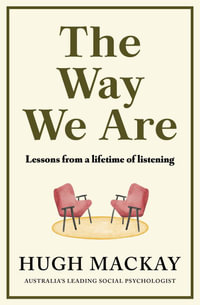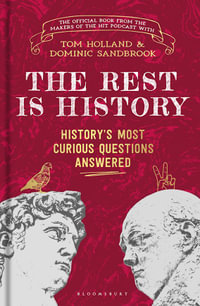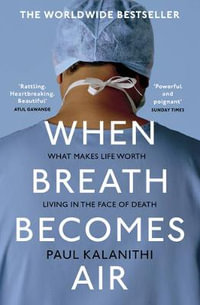What we eat, who we are, and the relationship between the two.
Eating and Being is a history of Western thinking about food, eating, knowledge, and ourselves. In modern thought, eating is about what is good for you, not about what is good. Eating is about health, not about virtue. Yet this has not always been the case. For a great span of the past—from antiquity through about the middle of the eighteenth century—one of the most pervasive branches of medicine was known as dietetics, prescribing not only what people should eat but also how they should order many aspects of their lives—including sleep, exercise, and emotional management. Dietetics did not distinguish between the medical and the moral, nor did it acknowledge the difference between what was good for you and what was good. Dietetics counseled moderation in all things, where moderation was counted as a virtue as well as the way to health. But during the nineteenth century, nutrition science began to replace the language of traditional dietetics with the vocabulary of proteins, fats, carbohydrates, and calories, and the medical and the moral went their separate ways. Steven Shapin shows how much depended upon that shift, and he also explores the extent to which the sensibilities of dietetics have indeed been lost.
Throughout this rich history, he evokes what it felt like to eat during another historical period and he invites us to reflect on what it means to feel about food as we now do. Shapin shows how the change from dietetics to nutrition science fundamentally changed how we think about our food and its powers, our bodies, and our minds.
Industry Reviews
"A timely and authoritative book. Eating and Being offers a detailed, but highly readable, historical account of how Western ideas about good food have changed, particularly over the past five hundred years." -- Rebecca Earle, author of Feeding the People: The Politics of the Potato
"'Diet' has come to mean what we eat, how many calories, how much protein or carbohydrate. Shapin gives us a cultural and medical history of how this was not always so in western countries. From the ancient Greeks until the mid-nineteenth century, diet meant a medical regimen for management of the body, in which the language of qualities, humors, and temperaments was ubiquitous in both medical practice and common parlance. In this erudite and often entertaining book, Shapin further demonstrates the persistence of centuries-old prescriptions for balance and moderation as the virtuous aim in eating and living." -- Mary Jo Nye, author of Michael Polanyi and His Generation: Origins of the Social Construction of Science
"Eating and Being is an important, timely, and beautifully written book tracing the history of western thinking about food and health from the ancient to the modern worlds. Shapin demonstrates the pervasiveness of 'dietetic' thinking about what we eat and drink until the eighteenth century; explains the implacable rise of the chemical and nutritional sciences thereafter; and reflects on the complicated and sometimes surprising survival of historical language and categories in contemporary culture. Along the way, and drawing on his vast historical knowledge, Shapin offers profound insights into very modern concerns: not least the relationship between eating and selfhood and the entanglements of food, politics, capitalism, and expertise. By providing an accessible and panoramic introduction to the story of food theory over the longue duree, Eating and Being emphatically shows why the past matters to the present." -- Phil Withington, author of Society in Early Modern England: The Vernacular Origins of Some Powerful Ideas
"With his characteristic genius for cracking open what most of us take as given, Shapin has turned his attention to eating. His new book is a rich historical meditation on the notion that 'you are what you eat,' an ancient idea, although the phrase in its various forms in French, German, and English originated in the nineteenth and early twentieth centuries. Shapin traces the changing meanings of this phrase over the centuries and reveals an element of continuity: we think about what to eat by thinking about who we are, and we think about who we are by thinking about what's for dinner. Eating and Being will make you want to have dinner with the author, preferably at his place. It spans, as good dinner conversations do, introspection, narrative, science, analysis, and popular culture. If you are hungry for a unifying exploration of food, personhood, culture, and history, get ready for a feast." -- Jessica Riskin, author of The Restless Clock: A History of the Centuries-Long Argument over What Makes Living Things Tick
"Even as a resolute non-foodie, ever indifferent to my peers' endless discussions of their favorite restaurants and recipes, Eating and Being was for me a great revelation. I am almost prepared to say it is the only book about food, perhaps alongside Athenaeus's The Deipnosophists and Jean Anthelme Brillat-Savarin's La physiologie du gout, that makes clear the fundamental importance of eating not only for our bare physiological survival, but also for the constitution of our identities, our self-understanding, and our place in the world. Eating is always politically and metaphysically charged, and food, to paraphrase Claude Levi-Strauss, is powerfully good to think with-especially when Shapin is our guide." -- Justin Smith-Ruiu, author of The Internet Is Not What You Think It Is: A History, a Philosophy, a Warning




